
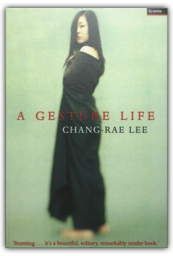
Never judge a book by its cover—or, for that matter, by its name. Otherwise you might overlook A Gesture Life, Chang-Rae Lee's fine if awkwardly entitled follow-up to Native Speaker. As he did in his debut, the author explores the dilemma of being an outsider—and the corrupt, heartbreaking bargains an outsider will make to adapt to his surroundings. The protagonist, Franklin Hata, has actually spent his whole life donning one variety or another of existential camouflage. First, as a native-born Korean, he bends over backwards to fit into Japanese culture, circa 1944. Then he attempts a similar bit of environmental adaptation in post-war America—more specifically, in the slumbering New York suburb of Bedley Run. But in neither case does he quite succeed, which gives the novel its peculiar, faltering sense of tragedy."There is something exemplary to the sensation of near perfect lightness", confesses this resident alien, "of being in a place and not being there, which seems of course a chronic condition of my life but then, too, its everyday unction, the trouble finding a remedy but not quite a cure, so that the problem naturally proliferates until it has become you through and through. Such is the cast of my belonging, moulding to whatever is at hand. A Gesture Life presents this chronic condition in two different time frames. In one, delivered via flashback, Hata is a medical officer in Japan's Imperial Army. Posted to a tiny installation in rural Burma, he's ordered to oversee a fresh detachment of Korean "comfort women", i.e., victims of institutionalised gang rape. At first he maintains his professional distance, not to mention his erotic appetite: "It was the notion of what lay beneath the crumpled cotton of their poor clothes that shook me like an air-raid siren". But soon enough he's drawn into a relationship with one of the women, whose bloody and horrific denouement leaves a permanent mark on the "unblissed detachment" of his existence. 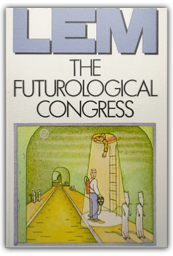
Bringing his twin gifts of scientific speculation and scathing satire to bear on that hapless planet, Earth, Lem sends his unlucky cosmonaut, Ijon Tichy, to the Eighth Futurological Congress. Caught up in local revolution, Tichy is shot and so critically wounded that he is flashfrozen to await a future cure. Translated by Michael Kandel. 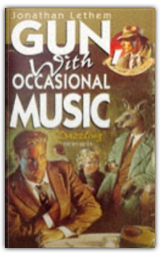
There are people who have a story to tell and then there are storytellers. Jonathan Lethem is a storyteller as Gun, with Occasional Music clearly shows—but he's also a craftsman and it's the latter quality that is on display in this, his first novel, though not the first in print in the UK. In previously available (but later) works, Lethem's craftsmanship has come into its own: like Don DeLillo or film maker Hal Hartley, he's a master of characters in absurd situations, as well as absurd characters in sane situations. But his debut shows a different side of Lethem and while still enjoyable, Gun is a prime example of an author getting through the difficult first novel, a storyteller still learning to use his tools. |
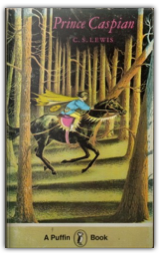
Peter, Susan, Edmund and Lucy are mysteriously transported back to Narnia where they discover that it has been hundred's of years since their reign as Kings and Queens of the land ended. Cair Paravel, the castle where they lived, is in ruins and the evil King Miraz has taken charge. Along with their old friend Prince Caspian they race to overthrow the King, calling on the help of Aslan and his trusty follower, Reepicheep the mouse. 
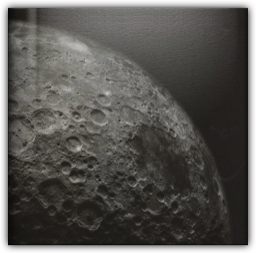
The Apollo missions, completed between 1967 and 1972, were achieved due to the magnificent co-operative effort of 400,000 men and women, and resulted in the miraculous feat of no deaths, six lunar landings, and over 32,000 photographs. To mark the 30th anniversary of the first landing, the Hayward Gallery in London held an exhibition in Summer 1999 of a selection of those photographs under the title "Full Moon". Indulge yourself in the catalogue of the show and it will take your breath away. Artist and photographer Michael Light has drawn on Nasa's huge archive to put together an archetypal lunar journey in images, from take-off to landing. It is awesome. To communicate the necessary density required a special black ink ——"Luna Nero" was developed solely for the printing of this book, and the latest digital resources were used to process miles of black-and-white negatives and colour transparencies to a unique razor-sharp clarity. With five gatefold montage panoramas included, this is landscape photography at its best. Astronauts take their first steps in space, their cables attaching them to their mother craft like giant umbilical cords. The moody surface of the moon changes with every picture, resembling fried egg-white, Emmental cheese, and bubbling broth, magnificent desolation where humankind is the alien. Everything is shadow, scale, texture, trails. Ultimately space travel, like any journeying, is about where you come from rather than where you are going, and the pictures of the Earth taken from space are about as life-affirming as anything you will see. The final image, taken from a capsule that has landed in the Pacific Ocean, ironically shows a seascape redolent of the moon, but appropriately coloured Earth-defining blue. Andrew Chaikin, author of the definitive study of the Apollo missions A Man in the Moon, has written a well-observed essay to complement Light's sequence, but there is no doubting the stars of the show, so to speak. At a time when we've bewilderingly lost a sense of space, this luxurious and spiritual book brilliantly captures something of it anew. —David Vincent 
The unbridled greed, pettiness, buffoonery and intellectual gobbledegook in the world of higher scholarship are the topics of this thorough and thoroughly funny "roman à English department". It's interesting for a couple of reasons, aside from its humour and lampoonery: it's an insider's view of things—always the best kind—and it takes its old- fashioned time telling a story, complete with reasonable digressions about the state of literary criticism and what may or may not be a realistic view of the academic life. |

Mike Scott
Collection Total:
4227 Items
4227 Items
Last Updated:
Feb 21, 2010
Feb 21, 2010
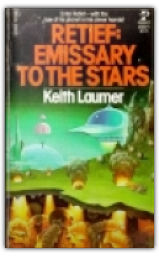

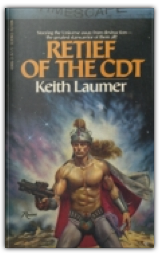
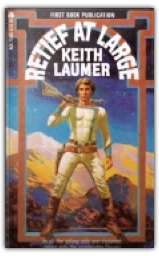
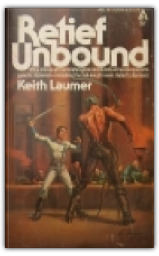
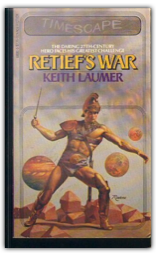
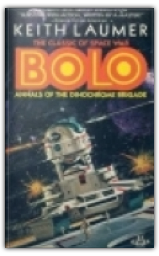
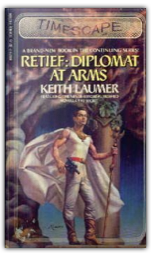

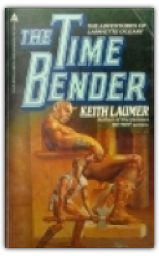
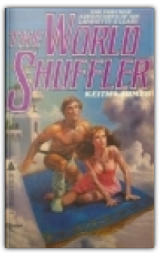
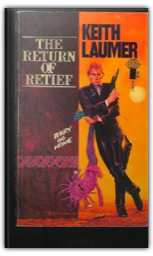
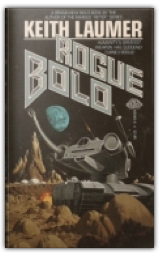

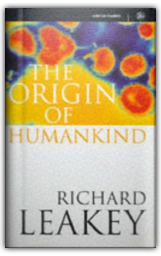
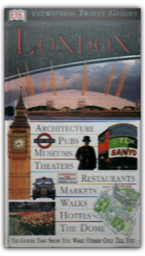
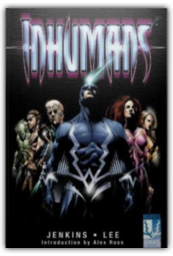
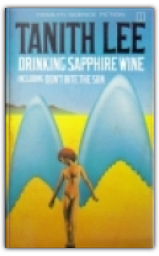
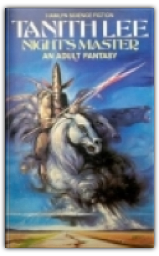
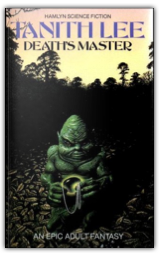
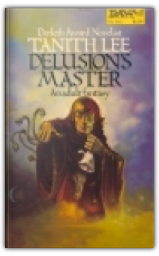
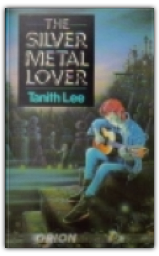
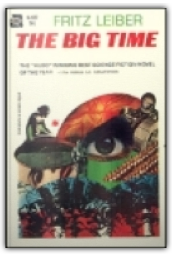

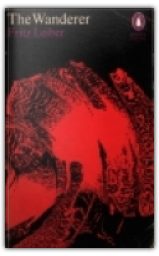
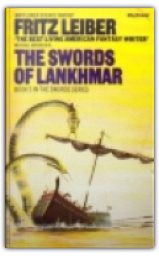
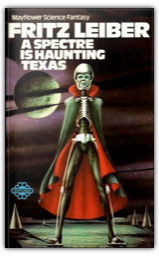
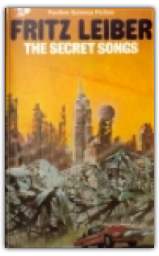
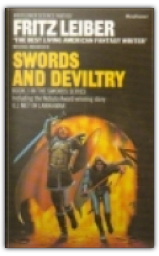
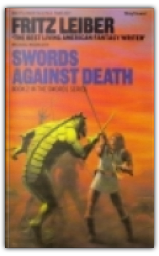
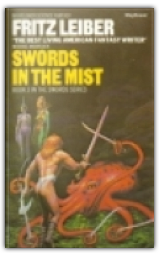
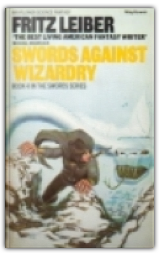
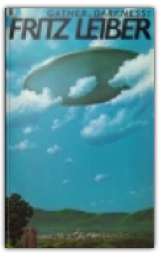
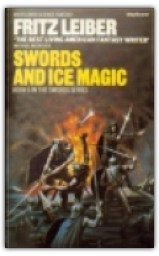
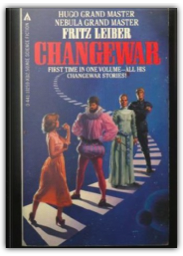
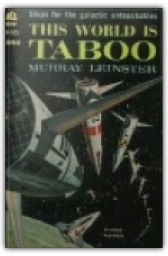
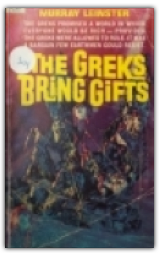
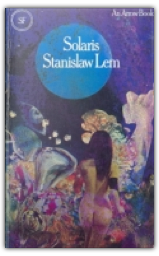
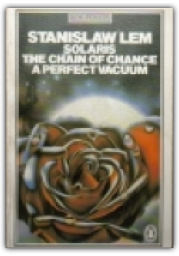
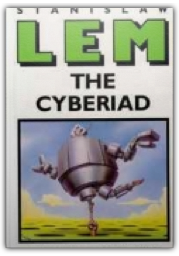
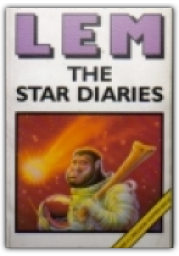
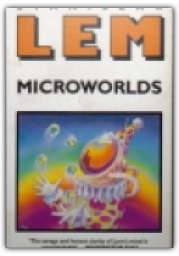
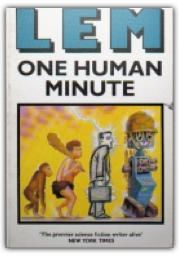
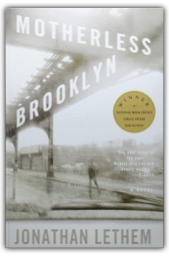

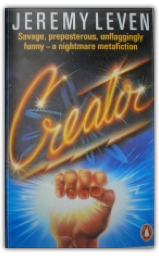
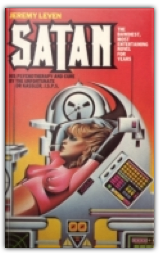
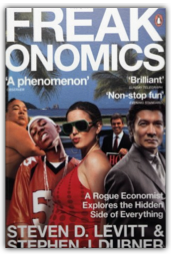
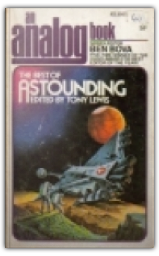

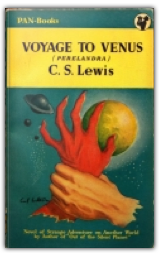
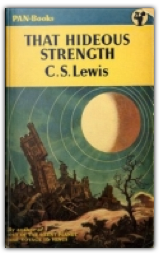
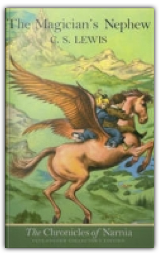
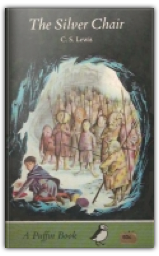

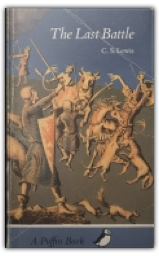

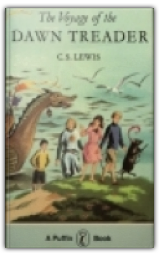
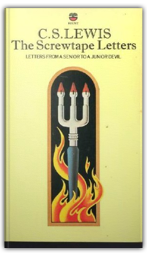
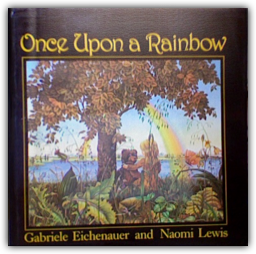
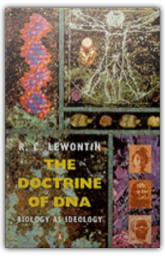
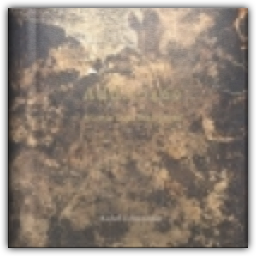
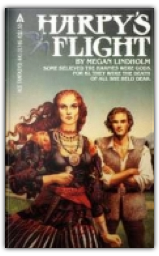
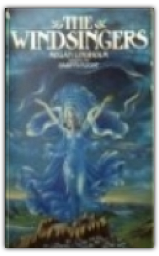
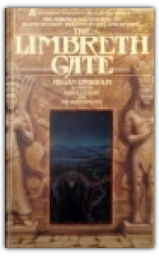
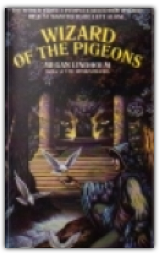
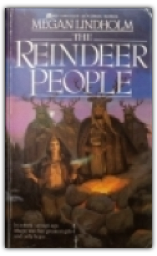
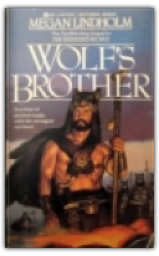
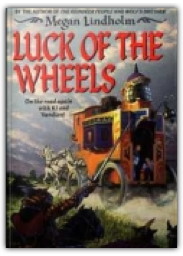
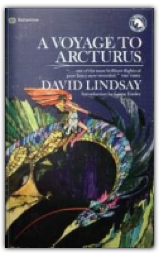
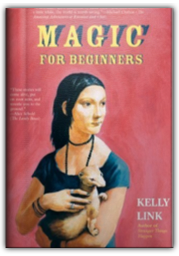
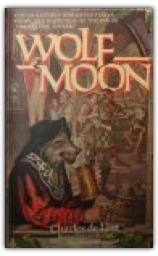
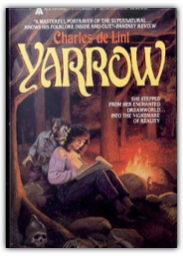
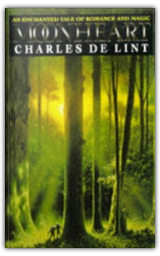
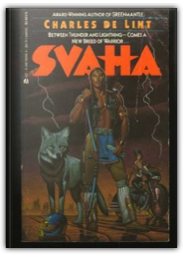
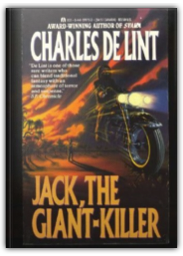

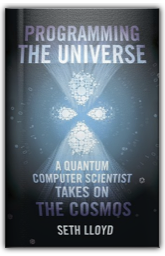
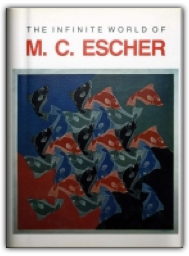
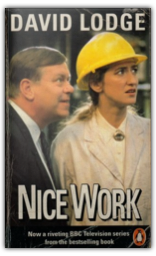
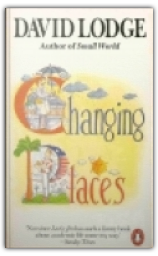
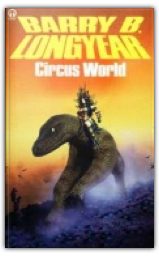
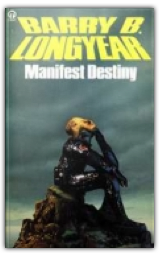
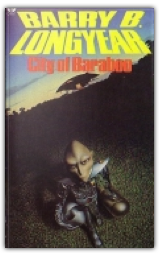
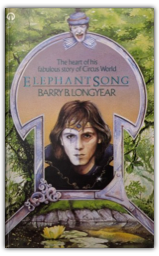
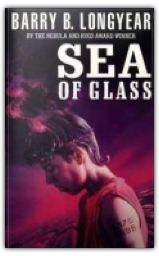







 Made with Delicious Library
Made with Delicious Library